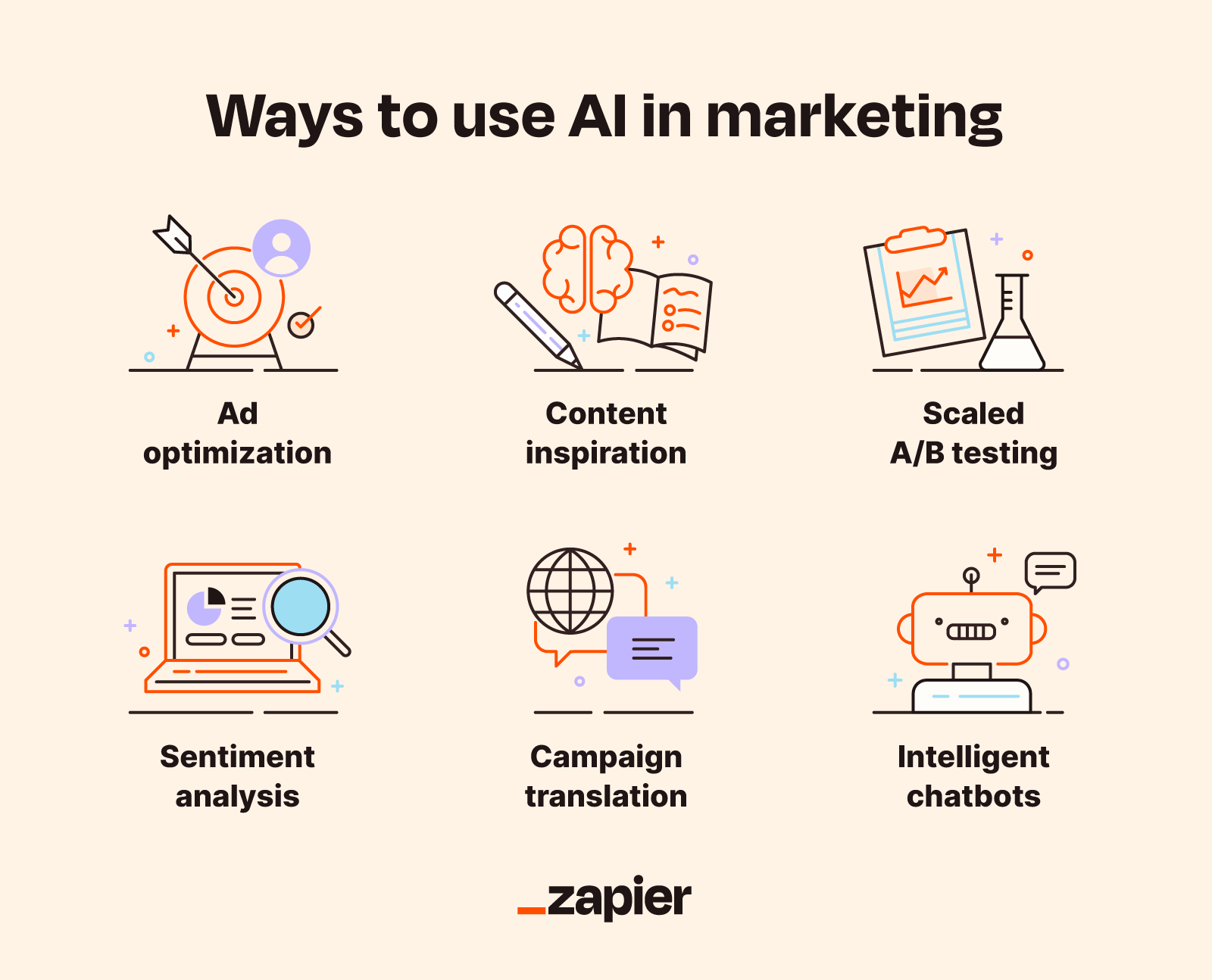The Future of AI in Marketing Automation: Transforming Customer Engagement
This read explores the future of AI in marketing automation, highlighting its potential impact, key trends, and the ethical considerations surrounding its adoption.

Artificial Intelligence (AI) has revolutionized numerous industries, and marketing is no exception. In recent years, AI-powered marketing automation has emerged as a game-changer, helping businesses streamline their processes, enhance customer experiences, and drive revenue growth. With advancements in machine learning, natural language processing, and predictive analytics, AI has opened up new possibilities for marketers to deliver personalized, targeted, and timely campaigns at scale. This read explores the future of AI in marketing automation, highlighting its potential impact, key trends, and the ethical considerations surrounding its adoption.
Hyper-Personalization:
1.AI-powered marketing automation enables hyper-personalization, allowing businesses to tailor their messages and offerings to individual customers' preferences and behaviors. By leveraging data from multiple sources, including customer interactions, social media, and browsing history, AI algorithms can analyze patterns and make real-time recommendations. This level of personalization not only improves customer satisfaction but also drives higher conversion rates and customer loyalty.
Predictive Analytics and Customer Insights:
2. In the future, AI will play an even more significant role in providing valuable insights into customer behavior and preferences. By utilizing predictive analytics, marketers can anticipate customer needs, identify buying patterns, and forecast future trends accurately. This empowers businesses to optimize their marketing strategies, improve campaign performance, and allocate resources effectively.
Conversational AI and Chatbots:
3. Conversational AI, powered by natural language processing and machine learning, is transforming customer interactions. Chatbots equipped with AI capabilities can engage with customers in real-time, answering queries, providing recommendations, and even completing transactions. As AI continues to advance, chatbots will become more sophisticated, offering human-like conversational experiences and expanding their application in various marketing channels, including websites, messaging apps, and voice assistants.
Voice Search and Voice-Activated Assistants:
4. With the rise of smart speakers and voice-activated assistants, voice search is becoming increasingly prevalent. AI-driven marketing automation will leverage voice data to gain insights into customer preferences and intent. By optimizing content for voice search and utilizing voice-activated assistants for personalized recommendations, businesses can deliver seamless and convenient experiences, tapping into the growing voice-enabled ecosystem.
Augmented Reality (AR) and Virtual Reality (VR):
5. The integration of AI with AR and VR technologies will create immersive and interactive marketing experiences. AI algorithms can analyze user data and preferences to deliver personalized AR/VR content, such as virtual product try-ons or interactive brand experiences. This not only enhances customer engagement but also provides businesses with valuable data on customer preferences and behaviors.
Automated Content Generation:
6. Content creation is a time-consuming process, but AI-powered marketing automation can automate and optimize content generation. AI algorithms can analyze vast amounts of data to identify trends, customer preferences, and competitor strategies, aiding marketers in developing compelling and relevant content. From automated copywriting to personalized video creation, AI streamlines content creation, saving time and resources while ensuring consistency and quality.
Ethical Considerations and Transparency:
7. As AI becomes more deeply integrated into marketing automation, it raises ethical concerns. Marketers must prioritize transparency and accountability when leveraging AI algorithms. The responsible use of customer data, addressing biases, ensuring data privacy, and providing transparent disclosure of AI-driven interactions are crucial for building trust and maintaining ethical standards.
Skill Augmentation, Not Replacement:
8. Contrary to popular misconceptions, AI in marketing automation is not meant to replace marketers but to augment their skills. AI tools and technologies assist marketers in data analysis, campaign optimization, and personalized targeting. By leveraging AI capabilities, marketers can focus on strategic planning, creativity, and building meaningful relationships with customers.
Conclusion:
The future of AI in marketing automation holds immense potential for transforming customer engagement and driving business growth. Hyper-personalization, predictive analytics, conversational AI, voice search, AR/VR, automated content generation, and ethical considerations will shape the landscape of AI-powered marketing. As businesses embrace AI technologies responsibly, they can unlock new levels of customer understanding, deliver personalized experiences, and stay ahead in the competitive market. With the right balance between human creativity and AI-powered automation, the future of marketing looks promising, customer-centric, and technologically advanced.
Every month I write a extensive newsletter on the last saturday of each month with practical actionable tips on how to automate your business. Subscribe on the top right corner.
